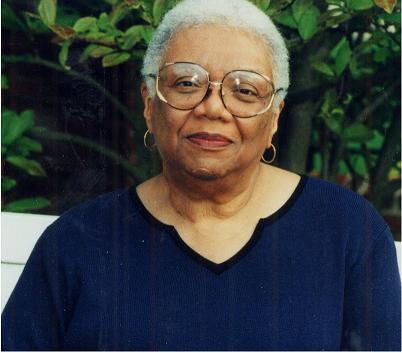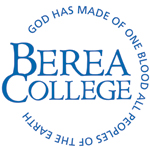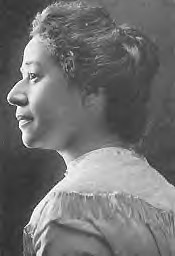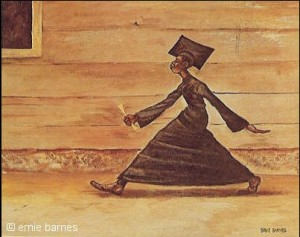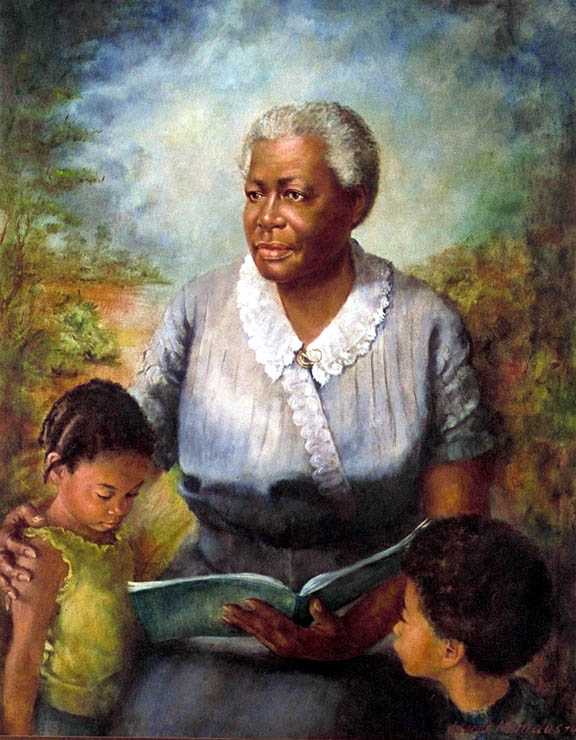Jonathan Clarkson Gibbs graduated from Dartmouth College in 1856, only 19 years after this press release was issued (below). He was Dartmouth’s third African American graduate.
DARTMOUTH COLLEGE.
The following extracts are from a letter, published in the “Herald of Freedom.”
“We are happy in being able to assure you that the Halls of Old Dartmouth are open to youth of every nation, kindred, language and people, whose moral and intellectual characters entitle them to its privileges. One of the descendants of that much injured race, whose plundered soil we occupy, is now with us, and as one of us; and the faculty have recently decided to admit a young man, whose veins are tainted with that foulest of all pollution’s, African blood.
“This young man, I am informed, has applied for admission at several of the Colleges in New England and New York, but from all of them has received a negative answer. Will Jesus Christ deem a colored complexion a sufficient excuse for excluding one of his children from the privileges of a liberal education? An enlightened community will, we trust, approve the decision of our Faculty; but should they not, the consciousness of having vindicated the cause of the oppressed, will afford them more satisfaction in that hour when men most need support, than the utmost amount of human applause.”
Remarks.
Christians in New York, contrast the liberal principles of good old Dartmouth, with the narrow, cruel practice of shutting our colored youth from schools and seminaries in this city. A short time ago, we called on the Pastor of one of our largest Presbyterian churches, a minister beloved, and with whom we have sat in Presbytery for ten years, and asked him if there were no school connected with his church, where we could send our two little boys, (whose morals are as well taken care of, as any others,) knowing, at the same time, that a number of his leading church members had united, and established just such a school as we desired for our children, and that it was taught by a minister, a member, and we think, an elder in the same church.
His reply was, you had better start a school of your own, where your colored children can be taught the higher branches, and not come in contact with the prejudices of the whites. We told the good brother – we call him good brother, because we really love him, notwithstanding his sin of prejudice, that a separate school did not meet our views. We should never engage in separate schools nor separate churches. They were more highly calculated to keep up prejudice against color, and christian caste, than anything else. – They so shackled the intellect of colored youth, that an education acquire under such circumstances, was, comparatively, of little advantage, our young men, when brought on the stage of life, from such institutions, could not draw on their resources, and consequently, were but half men. All did not avail, and we were left to return home, in mortification, sorrow, and disappointment.
The subject, however, was too momentous to be abandoned. We called on the Rev. Teacher, and made application on behalf of our boys. – This good brother, after taking a week or more to consult his patrons, most of whom were officers and members in the Presbyterian church, called on us, with the painful intelligence, that our children could not be admitted. True, his conscience afterwards smote him, and he called and said, if we would go and consult Mr. N_, Mr. S_, and Mr. M_, and get their consent, he would take them. This, true dignity of character, and independence of feeling would not admit of. Consequently, we have three children whose united ages amount to over thirty-two, out of suitable schools, and denied the privileges of this institution of the Church, in this city, and we are this year, making preparation to leave an extensive field of usefulness, and go from the city, if not from the country, that me may educate our children, and hide them from the scorching, withering prejudice against their color, which is calculated to chain down their intellect, dry up the charity of heart, and make them haters of God and of man.
Be it known, therefore, in Heaven and throughout the world, that we, a Presbyterian minister of seventeen years, standing, in the city of New York, where we have thirty-eight Presbyterian churches, with regular settled pastors, and innumerable schools and seminaries established, and supported by the ministers and members of those churches, are denied the privilege of every institution, suited to the capacity and age of our children, on the account of their color.
